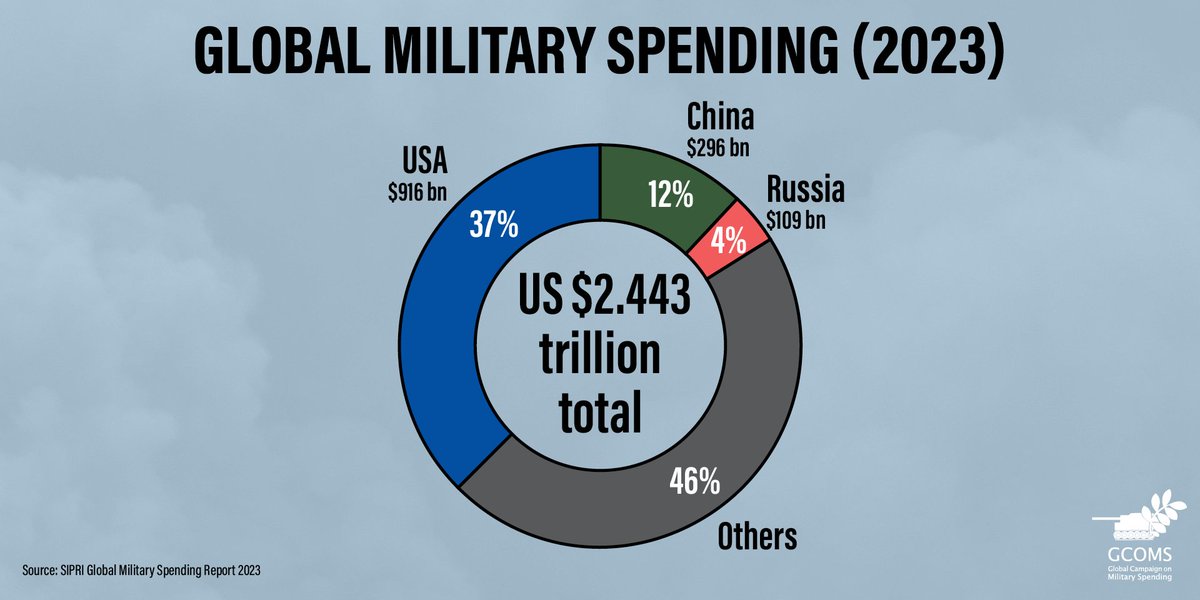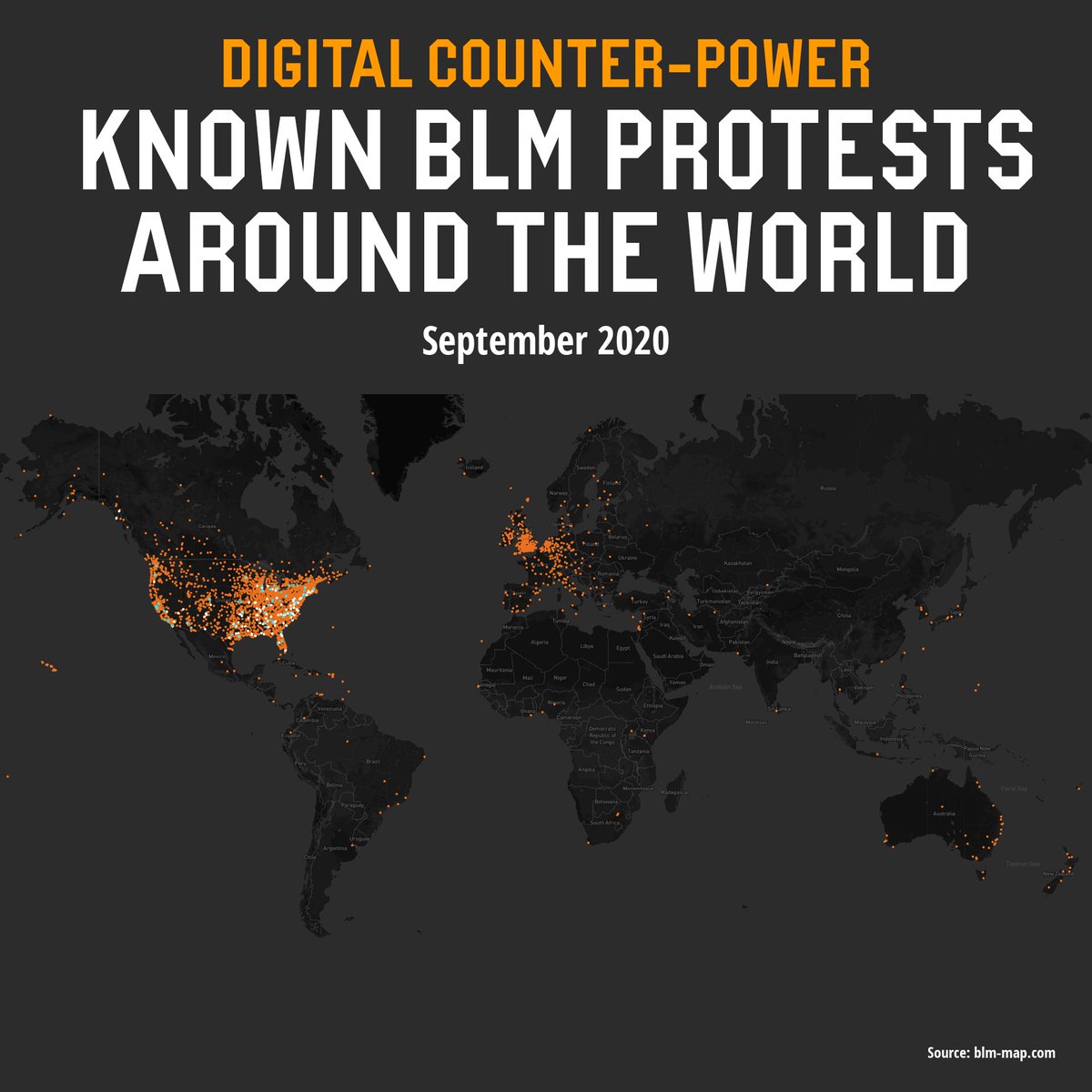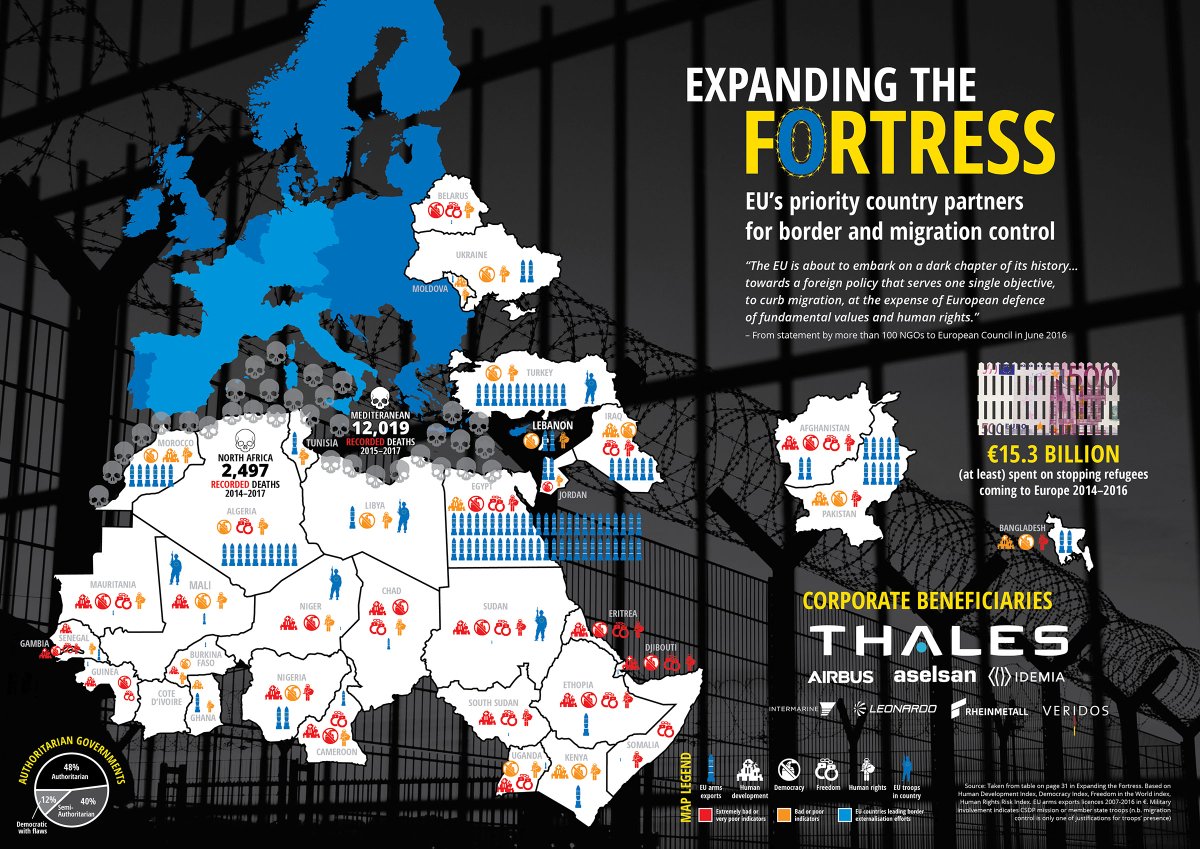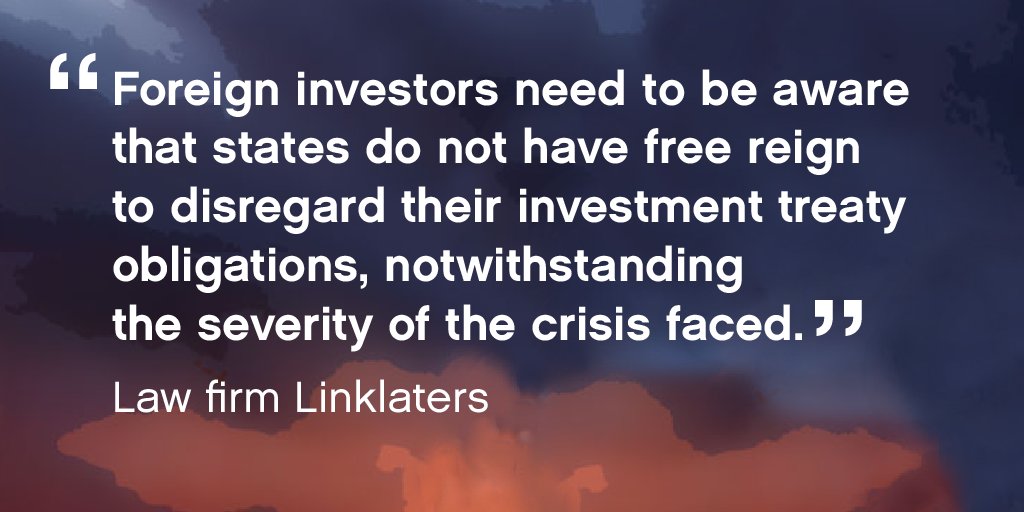
How to get URL link on X (Twitter) App


 For decades, the EU has maintained close ties with Israel, treating it as a de facto member state, even as it expanded its illegal occupation of Palestine and invaded and waged war in neighbouring territory.
For decades, the EU has maintained close ties with Israel, treating it as a de facto member state, even as it expanded its illegal occupation of Palestine and invaded and waged war in neighbouring territory.

 13 out of the 15 largest military spenders increased their arms spending in 2023, @SIPRIorg data shows.
13 out of the 15 largest military spenders increased their arms spending in 2023, @SIPRIorg data shows. 

 Activists have typically used four tactics to resist digital power:
Activists have typically used four tactics to resist digital power: 




 They have used this dominance to lock out any potential competitors and to secure record profits.
They have used this dominance to lock out any potential competitors and to secure record profits. 



 The Energy Charter Treaty (ECT) is a major obstacle to tackling climate change.
The Energy Charter Treaty (ECT) is a major obstacle to tackling climate change. 
 EU funding for law enforcement, border control and military research, development, and operations (€43.9bn) is 31 times higher than funding for “rights, values and justice” (€1.4bn).
EU funding for law enforcement, border control and military research, development, and operations (€43.9bn) is 31 times higher than funding for “rights, values and justice” (€1.4bn).




 A global movement is pressuring the UN, bringing first hand experiences of transnational corporations' crimes, and writing international law from the grassroots up.
A global movement is pressuring the UN, bringing first hand experiences of transnational corporations' crimes, and writing international law from the grassroots up. 





